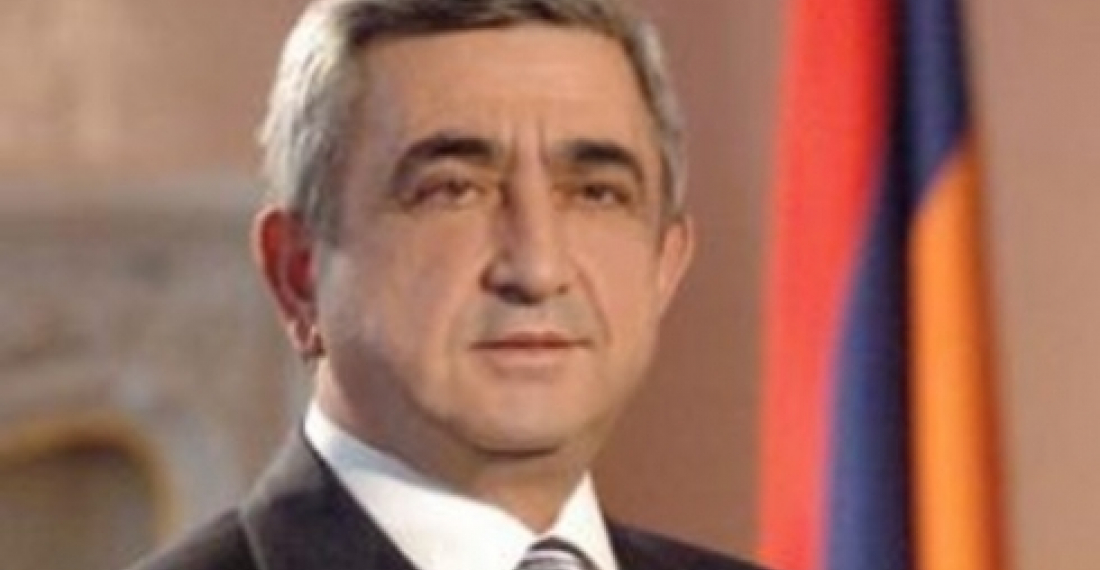The draft declaration of the Chicago Summit includes general formulations on the settlement of conflicts in the South Caucasus and Moldova, which, despite changes it has undergone after the Lisbon declaration, counters the approaches of the co-chairs of the OSCE Minsk Group, which have been voiced on many occasions by the Presidents of the United States, Russia and France. Armenian Foreign Minister Edward Nalbandian made such statement in Chicago on May 19 on sidelines of the meeting of the heads of countries contributing to the International Security Assistance Force (ISAF) - Afghanistan.
This wording does not correspond to the statements and decisions on Nagorno Karabakh adopted in the recent years within the framework of the OSCE. This will not only cause harm to the negotiation process on the settlement of the Karabakh issue, but may also jeopardize the shaky situation in the region especially against the background of growth of Azerbaijan's military expenses and the belligerent rhetoric of its leadership, the minister said. Taking these concerns into consideration, the President of the Republic of Armenia made the decision not to participate in the Chicago meeting, he said.
The Armenian Foreign Ministry reports that the same day Foreign Minister Edward Nalbandian and Minister of Diaspora Hranush Hakobyan had a meeting with representatives of the Armenian community of Chicago. Heads of religious, political and public organizations, about 400 representatives of the local Armenian community, attended the meeting. Minister Nalbandian presented the priorities of the Armenia's foreign policy, the process of settlement of the Karabakh issue and underlined the importance of international recognition and condemnation of the Armenian Genocide. He referred to the results of the parliamentary elections held in Armenia, attached importance to the role of American Armenians in the reinforcement of US-Armenia cooperation and the contribution of the Diaspora into the development of Armenia.
President of Armenia not to attend NATO Summit in Chicago
President of Armenia not to attend NATO Summit in Chicago







